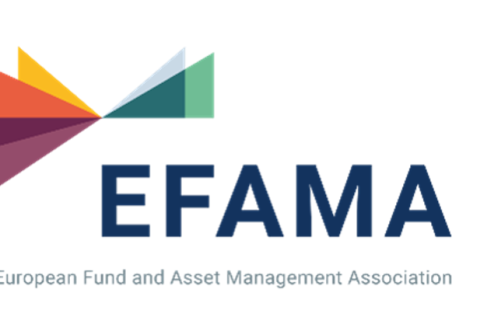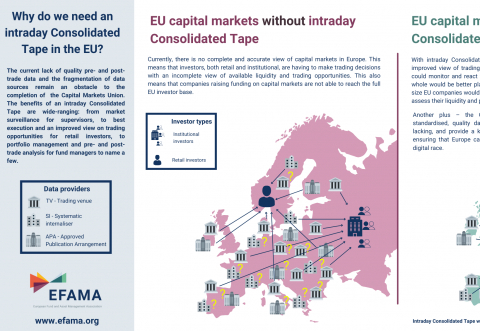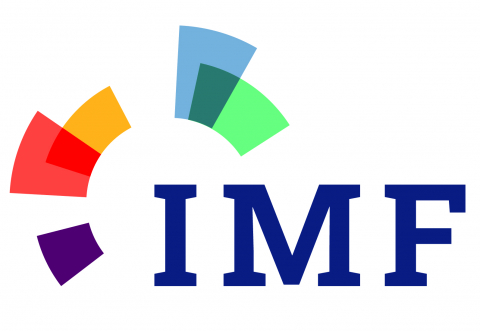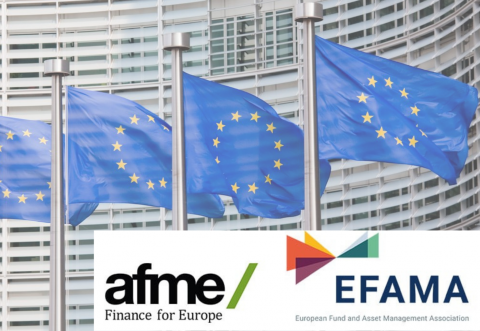This is a timely and necessary review to which we hope to contribute in a constructive manner. As already recognised in the consultation paper and in the MiFID Quick Fix proposal, RTS 27 and RTS 28 currently fall short of the objective of providing valuable and comparable datasets for investment managers and the investing public. We appreciate the present effort to revise reporting requirements to produce more meaningful reports.
Capital markets
Investment managers, acting on behalf of their retail and institutional clients, are among the largest investors in financial markets. They represent a key component of the market’s “buy-side” segment.
In representing the interests of its members on wholesale capital market issues, EFAMA advocates for fair, deep, liquid, and transparent capital markets, supported by properly regulated and supervised market infrastructure.
EFAMA’s response to ESMA’s Review of the MiFID II framework on best execution reports
Industry Approach to CSDR Settlement Discipline Regime
The Joint Associations1 welcome clarification from ESMA that national competent authorities are expected not to prioritise supervisory actions in relation to the application of the CSDR buy-in regime.2
Joint Statement on EU Commission proposal for revised Market in Financial Instrument Regulation (MiFIR)
We see great value in the creation of a consolidated tape to support Europe’s capital markets. However, we qualify that statement with a reminder that the framework for a successful consolidated tape should
i) address the known market failure around market data costs,
EFAMA, ICSA & MFA welcome IOSCO Feedback Statement on “Market Data in the Secondary Equity Market”
3 June 2022 - EFAMA, ICSA and MFA (the Associations) have read IOSCO’s Feedback Statement on “Market Data in the Secondary Equity Market” following the IOSCO consultation in 2021, and warmly welcome its conclusions.
The Associations would like to draw attention towards the executive summary in particular, where a number of valuable insights and recommendations are presented. For example, we fully support the statement below, though we would suggest an important addition:
Cross-Industry Consensus on EU Equity Consolidated Tape
EFAMA, AFME, BVI and Cboe Europe Agree Cross-Industry Consensus on EU Equity Consolidated Tape
Monday 30 May, 2022 - AFME, BVI, Cboe Europe and EFAMA have today jointly published a position paper which provides a set of key principles needed to ensure the successful creation of an EU Equity Consolidated Tape (CT).
EU Equity Consolidated Tape Proposal - Statement of Principles
A Cross-Industry Consensus on the EU Equity Consolidated Tape Proposal - Statement of Principles
EFAMA, AFME, BVI and Cboe agreed on a set of 11 Principles.
The provision of an appropriately constructed EU Equities Consolidated Tape (“CT”) will democratise access to equities (as proposed by the EU Commission) for all investors, regardless of resources or sophistication, with a comprehensive and standardised view of EU equities prices.
Household Participation in Capital Markets
This report analyses the progress made in recent years by European households in allocating more of their financial wealth to capital market instruments (pension plans, life insurance, investment funds, debt securities and listed shares) and less in cash and bank deposits. It also includes policy recommendations on improving retail participation in capital markets, including for the Retail Investment Strategy currently under discussion.
Some key findings include:
Buy-side use-cases for a real-time consolidated tape
A real-time consolidated tape, provided it is made available at a reasonable cost, will bring many benefits to European capital markets. A complete and consistent view of market-wide prices and trading volumes is necessary for any market, though this is especially true for the EU where trading is fragmented across a large number of trading venues. A real-time consolidated tape should cover equities and bonds, delivering data in ‘as close to real-time as technically possible’ after receipt of the data from the different trade venues.
Visual | Why do we need a real-time Consolidated Tape in the EU?
The current lack of quality pre- and post-trade data and the fragmentation of data sources remain an obstacle to the completion of the Capital Markets Union. The benefits of a real-time Consolidated Tape are wide-ranging: from market surveillance for supervisors, to best execution and an improved view on trading opportunities for retail investors, to portfolio management and pre- and post-trade analysis for fund managers to name a few.



































